I am so often reminded of all the information rapidly circulating about food and diets. Clients come in confused. They tell me, “My doctor put me on a low-fat, 1200 calorie diet.” “My trainer told me not to eat any carbs or dairy.” “The chiropractor told me not to eat protein and carbs within 2 hours.” “I read a book that said all acidic foods will make you lose weight” or “I saw on TV that your body cannot break down protein before noon or eating after 6pm will make you gain weight.” I underline these phrases because you insert virtually anything in the blanks and it’s out there. I hear these things from clients, friends, the media, and my head’s exploding. I’ve been studying nutrition for over 10 years; no wonder my clients are confused!
In a society that suffers with severe body dysmorphia and extreme body dissatisfaction, it’s easy to attract followers by offering a quick fix and promising easy results. Some of these ideas may be scientifically founded and many of them are not. Some of them work for a period of time; some of them don’t. Many of them leave you feeling hungry or dissatisfied left to ultimately abandon the plan. Instead of feeling like the plan was beneficial and you received the promised results, you’re left with low results and a high sense of failure and lack of willpower, “feeding” the very same thing that caused you to latch onto the plan in the first place. The sense that you’re not ok just the way you are, you’re not enough. And now that you can’t follow the diet that would “solve everything”, you’re even lower. Not only are you fat, but now you’re fat AND worthless, lazy, unsuccessful (you fill in the blank),and so the cycle continues…
This is why the diet industry is so successful. It is a perpetual cycle with it’s own built in referral source. We diet, lose weight, stop dieting, gain weight back (and some extra due to deprivation), and then diet again. There’s a predictable 95% chance that the weight (and them some) will be regained. So why do we continue to do the same thing over and over and over if it doesn’t really work? Our focus on weight is an obsession. We let a number determine how we feel about ourselves. These numbers have been given so much power, and they’re just that, numbers. Statistically speaking, weight is not a strong determinant of health. Those who follow an active lifestyle and eat “healthy” but are “overweight” by the charts, have a longer lifespan than those who are on the lower end of the weight spectrum. Why is our focus on weight and body size instead of health? Why do we not focus on our health and let our bodies be the size and shape they are genetically determined to be?
So I will ask you to consider something before you start the next diet or eating plan. Would you ask your child, your three year old niece, your elderly mother, your pregnant wife or daughter, your friend with cancer… to follow the same plan? Would you ask her to nourish her body in the way you’re considering providing for yours? Is this a plan that promotes health as a goal? If the answer is initially yes, then read more about it, understand it, be aware of the consequences (and there will most likely be some). If the plan doesn’t last, consider that it’s not your fault. You’re a human being who requires nourishment and nurturance and most diets offering a quick fix will not provide you with a sense of satisfaction and proper nutrition. If you’re answer is initially no, or you discover things upon exploration that would prevent you from recommending it to others, take a step back and ask why you’re considering this plan? What do you feel that you need to change? If you need to develop a healthier approach to living, then make changes that are in line with this goal. Rather than using food as a way to deprive and punish and leave you feeling like a failure, use food as nourishment, to provide for your body the nutrients and the energy that you need to really thrive.

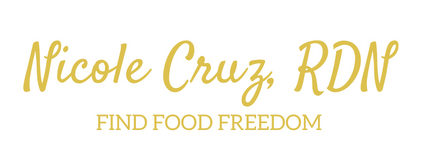

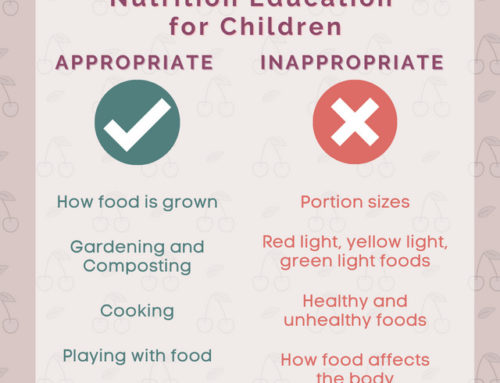
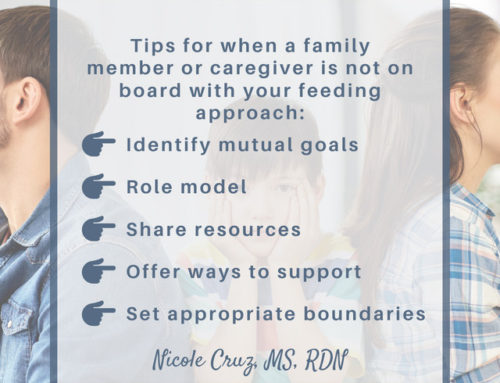

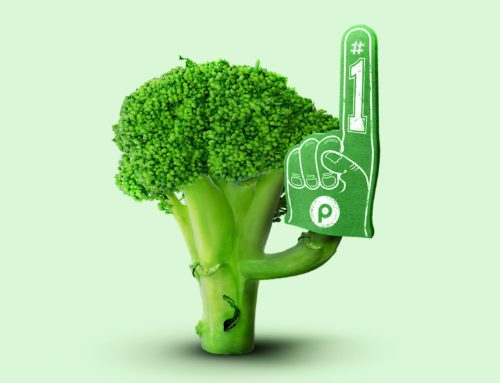
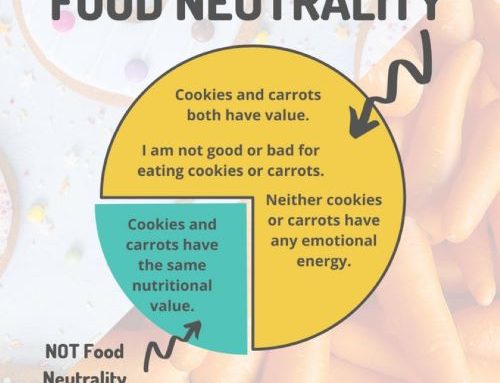
Leave A Comment